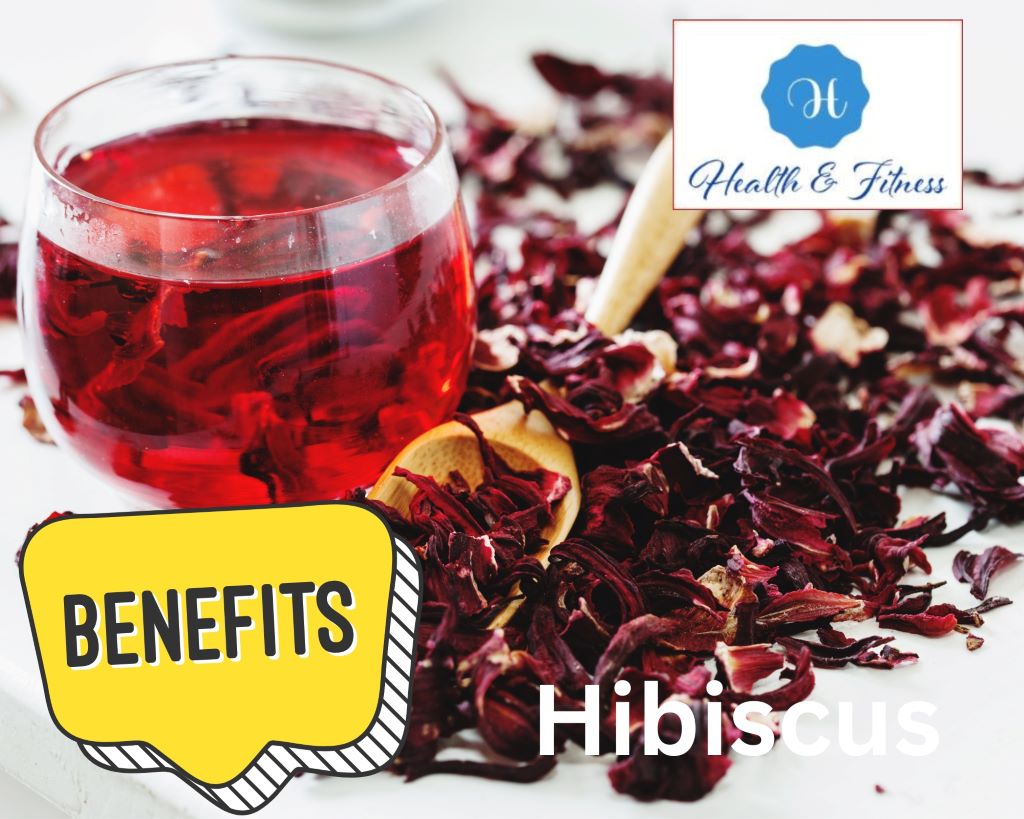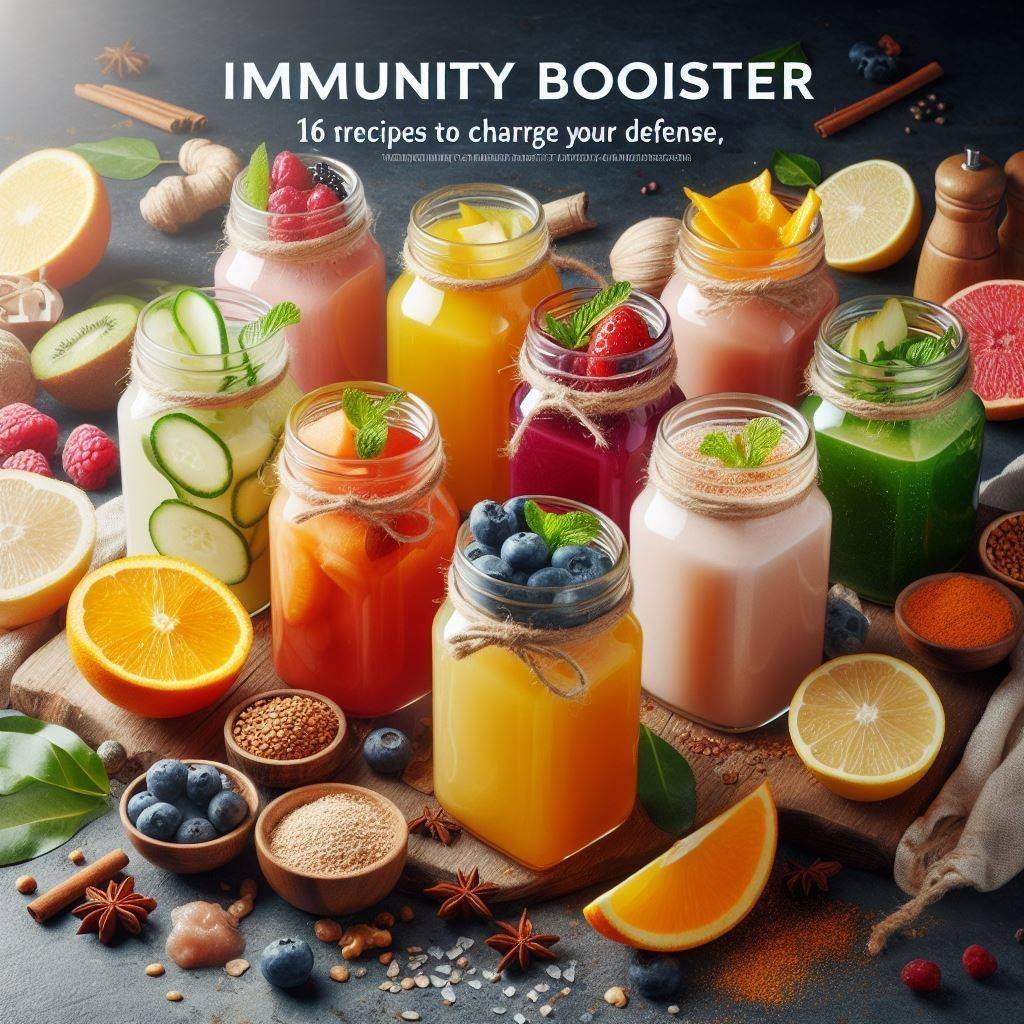Discover the Top 12 Health Benefits of Hibiscus. From Lowering Blood Pressure to Boosting Immunity, Hibiscus is a beautiful and vibrant flower widely known for its ornamental value. However, did you know that this plant also offers numerous health benefits? In reality, it has been used medicinally for ages in various cultures.
1- An overview of hibiscus
Roselle, or Hibiscus, is a mallow plant. It grows in tropical areas, including Africa, Asia, and the Caribbean. The plant features large, colourful flowers, typically red, pink, white, or yellow. The Shoe flower holds not only ornamental value but also culinary and medicinal properties. People use the calyces of the flowers to make Chinese rose tea, a popular beverage in many parts of the world. Moreover, traditional medicine incorporates Chinese rose plant leaves, seeds, and flowers.
2- Importance of hibiscus in different cultures
Traditional medicine uses Roselle for its many health advantages. In Africa, the plant treats coughs, constipation, and fever. This plant reduces blood pressure and promotes circulation in Chinese medicine. In the Caribbean, it addresses high blood pressure and cardiovascular disorders, while in India, it targets hair loss and dandruff. It is important culturally as well as medicinally. Hawaiian leis employ the state flower; the hibiscus flower is the national flower of Malaysia and is utilized in many African wedding traditions.
Health benefits of hibiscus
It is a powerful plant that is packed with numerous health benefits.
Here are the top 12 health benefits of Roselle:
1- Lowering blood pressure:
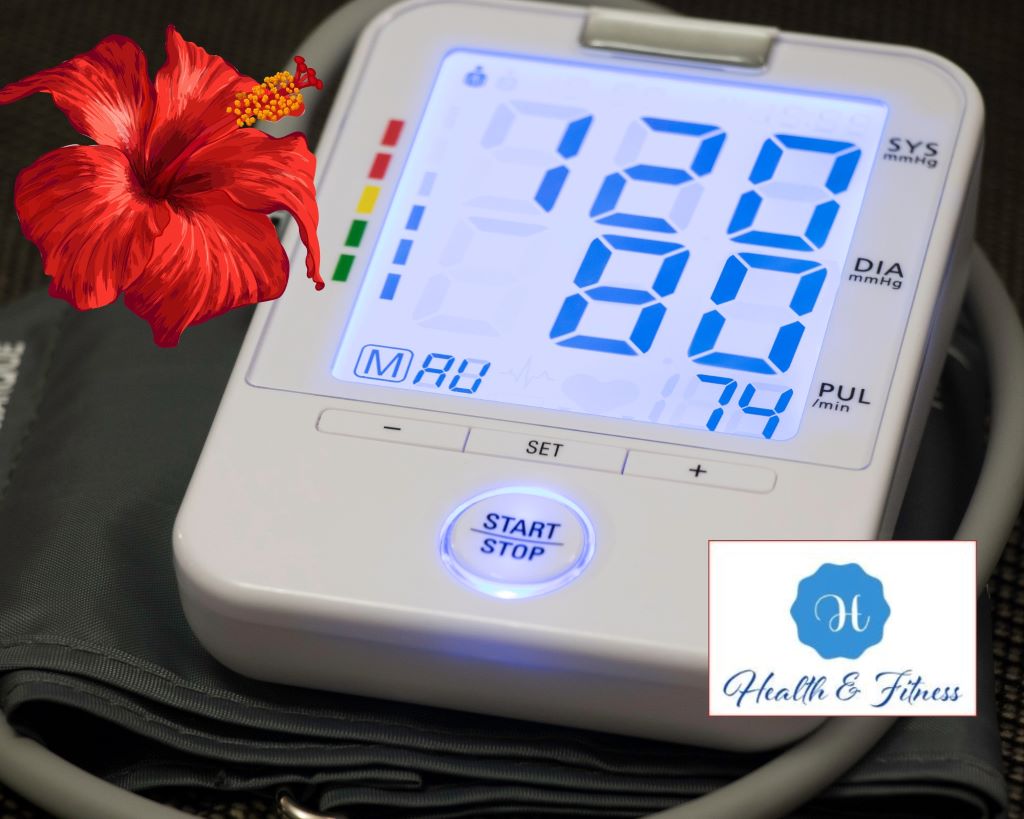
The ability of hibiscus to lower blood pressure is one of its most well-known health benefits. Roselle contains compounds that act as natural ACE inhibitors, which help to relax blood vessels and reduce blood pressure. Studies have shown that people with high blood pressure who drink Roselle tea can lower their blood pressure.
2- Improving heart health:
Roselle is good for the heart in more ways than just lowering blood pressure. Antioxidants in the plant help protect the heart from oxidative stress and inflammation, which can lead to heart disease. Also, Roselle has been shown to lower LDL cholesterol levels. LDL cholesterol is a type of cholesterol that can lead to heart disease.
3- Boosting the immune system
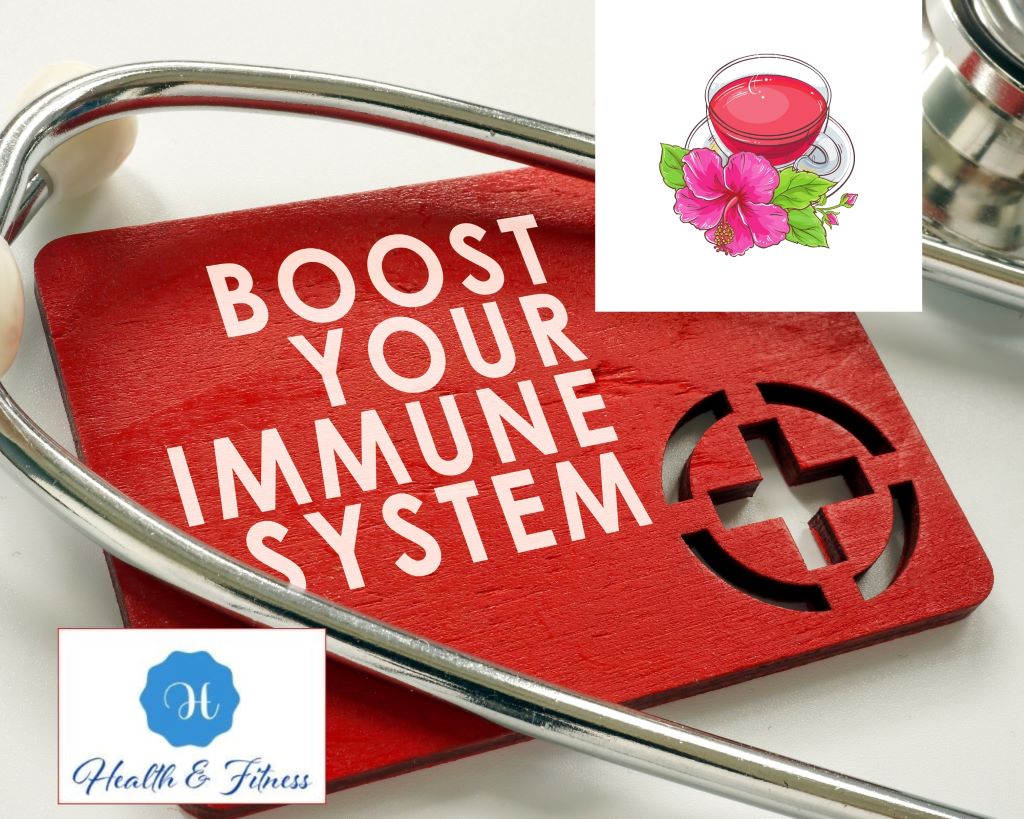
-Benefits of Hibiscus
Hibiscus is rich in vitamin C, an essential nutrient for immune function. White blood cells, which help fight infections and illnesses, are produced more quickly when vitamin C is consumed. So hibiscus contains other compounds with antimicrobial and antiviral properties, which can help protect against infections.
4- Reducing inflammation:
Inflammation is a natural process in the body when it is hurt or sick. But inflammation that lasts for a long time can lead to many diseases, such as cancer, diabetes, and heart disease. Chemicals in hibiscus that fight inflammation can help reduce swelling and protect against these diseases.
5- Enhancing liver health:
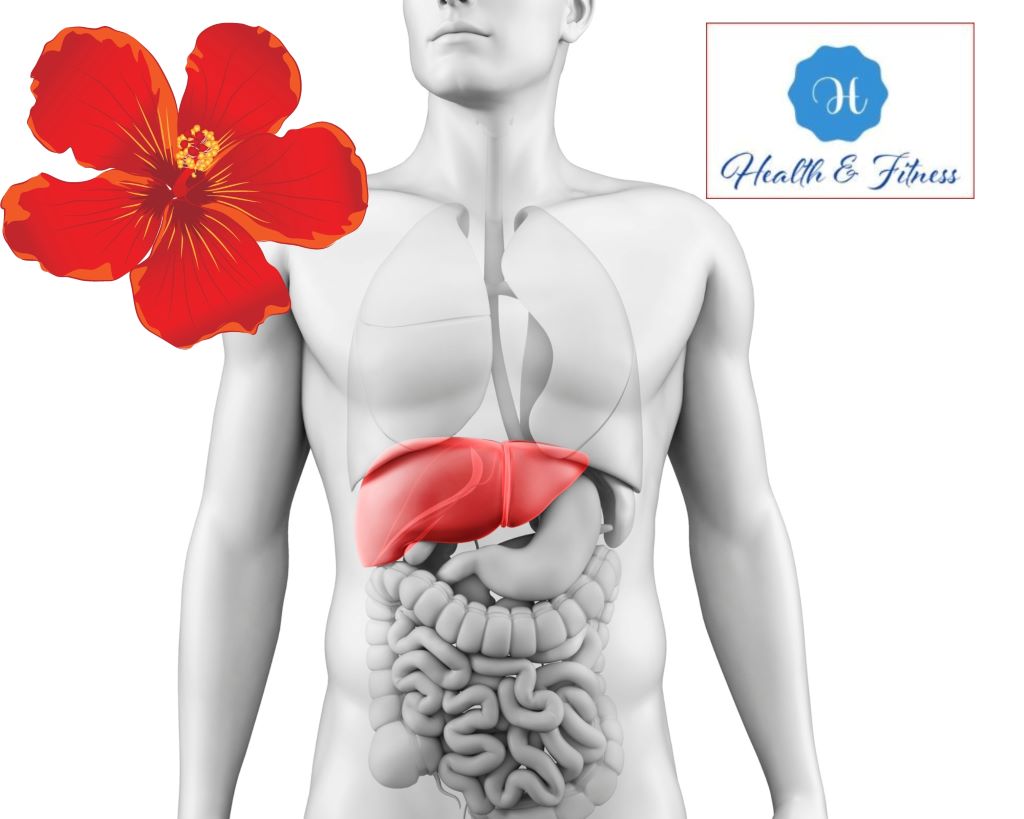
-Benefits of Hibiscus
The liver is a vital organ for detoxifying the body and removing harmful substances. Hibiscus has been shown to protect the liver, making it less that liver damage or disease will happen.
6- Fighting against cancer
The chemicals in hibiscus have been studied and found to have anti-cancer effects. These compounds help to inhibit the growth and spread of cancer cells, making hibiscus a potential natural cancer treatment.
7- Improving digestion:
Bloating, constipation, and other digestive disorders can be alleviated with the help of Roselle, which has been proven to have effects on digestion. Roselle also has substances that encourage the formation of bacteria in the digestive tract, which benefits the digestive system.
8- Relieving anxiety and depression
Hibiscus contains compounds shown to have a calming effect on the nervous system. Studies have shown that drinking hibiscus tea can help reduce anxiety and depression symptoms and promote feelings of relaxation.
9- Promoting weight loss:
Hibiscus has been shown to have potential benefits for weight loss. The plant contains compounds that help to reduce the absorption of carbohydrates and fats, which can help to promote weight loss. Additionally, hibiscus tea can act as a natural appetite suppressant, helping to reduce cravings and promote feelings of fullness.
10 Boosting skin health:
Lastly, Roselle contains antioxidants and other compounds that benefit skin health. These compounds protect the skin from free radicals and UV damage, which can lead to skin cancer and early aging. Hibiscus also has astringent properties, which can help to tighten and firm the skin, reducing the appearance of fine lines and wrinkles.
11- May improve respiratory health:
Hibiscus has natural anti-inflammatory properties that may help improve respiratory health. Drinking hibiscus tea or supplements may help soothe respiratory infections and reduce symptoms such as coughing and wheezing.
12- May help keep blood sugar levels in a healthy range:
In some cases, hibiscus has been demonstrated to aid in maintaining normal blood sugar levels. This is because of its ability to reduce oxidative stress and inflammation, two factors that have been linked to diabetes. Diabetes patients may benefit from consuming hibiscus tea or taking supplements to reduce their blood sugar levels and improve the effectiveness of their insulin. It is mostly risk-free for human consumption, but there are some measures you should take to ensure your safety. As hibiscus consumption has been linked to an increased risk of miscarriage, pregnant women should refrain from doing so. In addition, shoe flowers may have negative interactions with several pharmaceuticals.
How to consume hibiscus
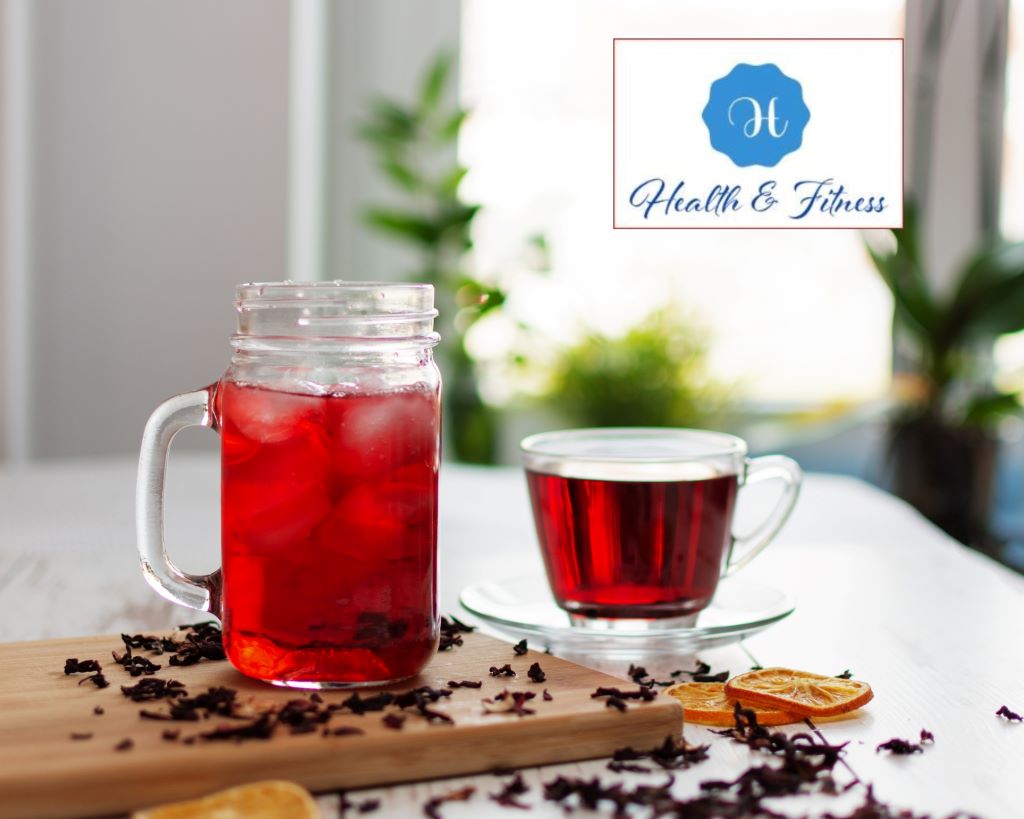
-Benefits of Hibiscus
It is versatile and easy to include in your diet.
Here are some popular ways to consume it :
1- Preparing hibiscus tea:
Roselle tea is one of the most popular ways to consume it. You will need dried roselle flowers and hot water to make tea. Strain the flowers in hot water for 5-10 minutes, then strain the mixture. And sweeten to taste with honey or another natural sweetener. Hibiscus tea can be enjoyed hot or cold, making a refreshing and healthy beverage.
2- Using hibiscus in cooking:
You can also use it in cooking to add flavour and nutrition to your meals. Grind the dried flowers into a powder and use them as a natural food colouring or flavouring agent. Moreover, you can use Rose Mallow to make jams, jellies, and sauces, or add it to marinades and salad dressings. The tart flavour of Roselle pairs well with various dishes, making it a versatile ingredient in the kitchen.
3- Taking hibiscus supplements:
If you do not like tea or cooking with Roselle, you can also take supplements such as capsules or tablets. These supplements are available at health food stores and online retailers and are an easy way to get the health benefits of Sorrel without having to consume it in food or beverage form. It is important to note that while hibiscus is safe for consumption, it can interact with certain medications. Before adding Roselle to your diet or supplement routine, check with your doctor if you are currently under treatment. In sum, it is a multipurpose plant with many positive health effects. The benefits of hibiscus range from hypotensive to anti-oxidant, meaning they work for both weight reduction and maintenance. You may easily and deliciously include Sorrel into your daily routine by drinking it as tea, cooking, or even taking it as a supplement.
Precautions and potential side effects
While hibiscus is safe for consumption, some precautions and potential side effects exist.
1-Interactions with medications:
It can interact with certain medications, especially those used to treat diabetes or high blood pressure. Do not add it to your diet or supplement routine unless you have first discussed it with your doctor.
2- Allergic reactions:
Some people may be allergic to Roselle, particularly if they have allergies to other plants in the same family. Symptoms of an allergic reaction may include rash, itching, swelling, and difficulty breathing. If you experience these symptoms after consuming Sorrel, stop using it immediately and seek medical attention.
3- Overconsumption of hibiscus
While Roselle is safe for moderation, overconsumption may lead to some side effects. Some people may experience digestive issues such as nausea, vomiting, and stomach pain if they consume too much Sorrel. Also, it may have a diuretic effect and increase urination, leading to dehydration if not properly managed. It is essential to consume Roselle in moderation and talk to your doctor if you have any concerns about its safety or potential drug interactions. Even though it has many health benefits, knowing the precautions and side effects is essential. By consuming Rose Mallow in moderation and talking to your doctor if you have any concerns, you can safely enjoy the many benefits of this versatile and delicious plant.
Conclusion
Traditional medicine has long employed hibiscus for its health advantages. It helps everyone lose weight and lower blood pressure. Rose Mallow benefits: it can be consumed in several ways, including tea, cooking, and supplements. Before adding Sorrel to your diet or supplement program, consult your doctor. Roselle is versatile, tasty, and healthy. You may profit from this remarkable plant by adding it to your diet and utilizing it moderately.

Adel Galal is a health and wellness writer with over 30 years of experience studying and writing about health, fitness, nutrition, and healthy living. He is the founder of NextFitLife.com, where he shares practical, evidence-based guidance to support long-term health at any age. Adel’s mission is simple:
to help people make smarter health choices that fit real life, at any age.

